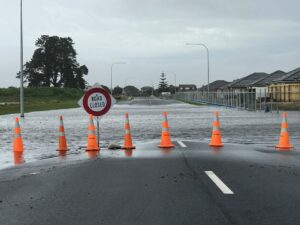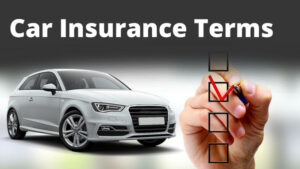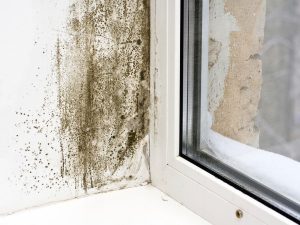 Courtesy of iii.org.
Courtesy of iii.org.
Homeowners and businesses in California’s Butte, Sutter and Yuba counties who have flood insurance will be covered if the Lake Oroville Dam’s auxiliary spillway fails, according to the Insurance Information Institute (I.I.I.). Revised forecasts call for about 10 inches of rain heading to the area according to the LA Times.
Roughly 50,047 single- and multi-family residential homes could be damaged with an estimated reconstruction cost value of $13.3 billion if the Oroville Dam in California were to fail completely, according to new data analysis from CoreLogic that included the six primary counties in that area.
“The potential for flooding poses a significant threat to life and property in these northern California counties and forced the evacuation of almost 200,000 of residents,” said Janet Ruiz, the I.I.I.’s California Representative. “Standard homeowners, renters and business insurance policies do not cover flood-caused damage. A separate flood insurance policy is needed.” Lake Oroville Dam is in Butte County.
Flood insurance is available from FEMA’s National Flood Insurance Program (NFIP) and a few private insurance companies. NFIP policies have a 30-day waiting period before the coverage is activated. Excess flood insurance policies are also available from some private insurers if additional coverage is needed above and beyond the basic FEMA NFIP policy. To learn more about flood insurance, visit the FloodSmart.gov.
If your home or business is near a river, lake, stream, creek, dam or other body of water, the I.I.I. recommends taking these three steps in order to assess your property’s flood risks.
- Contact your insurance professional. Take the time to ask questions and be sure you understand all of your insurance options. It will help you make informed decisions about your insurance coverage.
- Prepare an emergency plan. The I.I.I.’s free mobile app, Know Your Plan, makes it easy to be ready when disaster strikes. Preparedness information is also available from FEMA’s Ready.gov and the National Oceanic and Atmospheric Administration’s (NOAA) Weather Ready Nation.
- Conduct a home inventory. Documenting your belongings will help you buy the right amount, and type, of insurance. A home inventory also makes claim filing easier and can be used to document financial losses when filing tax returns or applying for post-disaster financial assistance. Using the I.I.I.’s Know Your Stuff app will ensure you have an updated home inventory, accessible anywhere, any time.
 Courtesy of
Courtesy of  Courtesy of
Courtesy of  Courtesy of
Courtesy of  Courtesy of
Courtesy of